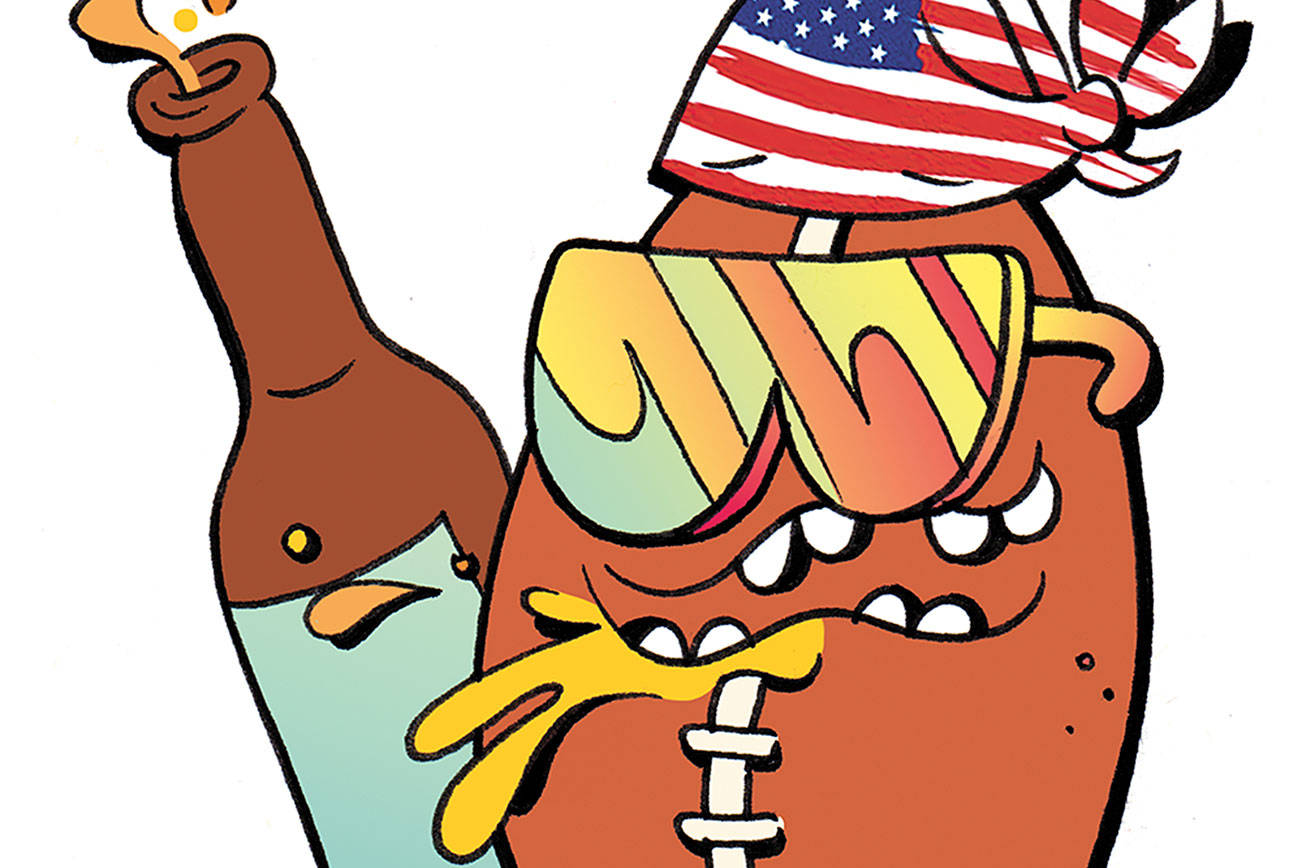A friend of mine recently landed a sweet job in the travel industry. I suggested a celebratory smoke, but she declined. “Drug tests,” she said, clearly bummed out. Turns out nearly all travel-oriented industries are federally regulated, and cannabis is still illegal on the federal level. So if you drive a bus, operate a ferry, or pilot a plane, you can’t smoke on your days off. Now I know plenty of people out there are nodding their heads in agreement, thinking of safety issues, but think about this: Those same people can get drunk on their days off or take handfuls of pills, and they will be in perfectly safe legal standing at work Monday morning.
Though I don’t personally agree with the law, it is at least clear where you, the cannabis user, stands on the federal level. In the private sector, however, the issues get a bit murky. Other states that have moved into legalization have included many regulations detailing under what circumstances employers can demand a drug test, but Washington has not addressed this issue. The radio silence is creating a confusing environment for both employees and employers, and has led to several cases of people not being hired, or being fired, for testing positive for cannabis. And what about medical-cannabis users? In theory, there will almost always be THC and CBD in their blood, just as patients with prescriptions for opiates or behavioral modifiers will almost always test positive for those controlled substances.
So to help keep your nose clean, here is what we know for certain:
If your industry is federally regulated or receives federal funding—that’s pretty much anyone in the health industry, education, travel, military and government jobs, and anyone with a commercial driver’s license, as well as many other industries—you still cannot smoke recreational cannabis.
It’s safe to assume that if being drunk or drinking at work, is prohibited at your job, so is smoking cannabis or being high. Nothing has changed here. If your job allows a beer at lunch, you may have some legal ground to stand on for a toke at lunch, but it’s shaky. So far, Washington courts have overwhelmingly sided with the right of employers to have a “drug-free workplace.”
Under the Americans with Disabilities Act (which functions at the federal level), cannabis is listed as an illegal substance. There isn’t even wording on when or how a person can use cannabis. In the words of the Ninth Circuit Court of Appeals, “Congress has determined that, for purposes of federal law, marijuana is unacceptable for medical use.” Because of this stance, the ADA does not require employers to make exceptions for medicinal-cannabis users. Without protection from the ADA, we have cases like the one in Bremerton a few years ago: The courts found in favor of an employer who refused to hire a potential employee after she tested positive for THC in a pre-employment screening, even though the cannabis had been prescribed by a doctor and used only in off hours, and the (potential) employee had voluntarily disclosed her cannabis-patient status.
To help clear the air, employers can take steps to get their employees up to date on what a business will and won’t allow. The zero-tolerance policy is the biggest buzz-kill, but the easiest for employers to enforce. If a company has a “no illegal drugs” policy, they may want to get with a lawyer and change that wording, making sure to be as crystal-clear as possible with their employees who might forget that cannabis is still illegal on the federal level.
Finally, those employers willing and able to embrace Washington’s legal stance will benefit from a larger candidate pool, since some potential employees might pass over a job opportunity because they don’t want to submit to the personal invasion of a drug test. Carl Sagan, Neil Degrasse Tyson, even Steve Jobs all smoked weed. By kowtowing to insurance companies and outdated thinking, companies could very easily miss out on their ”next big thing.”







